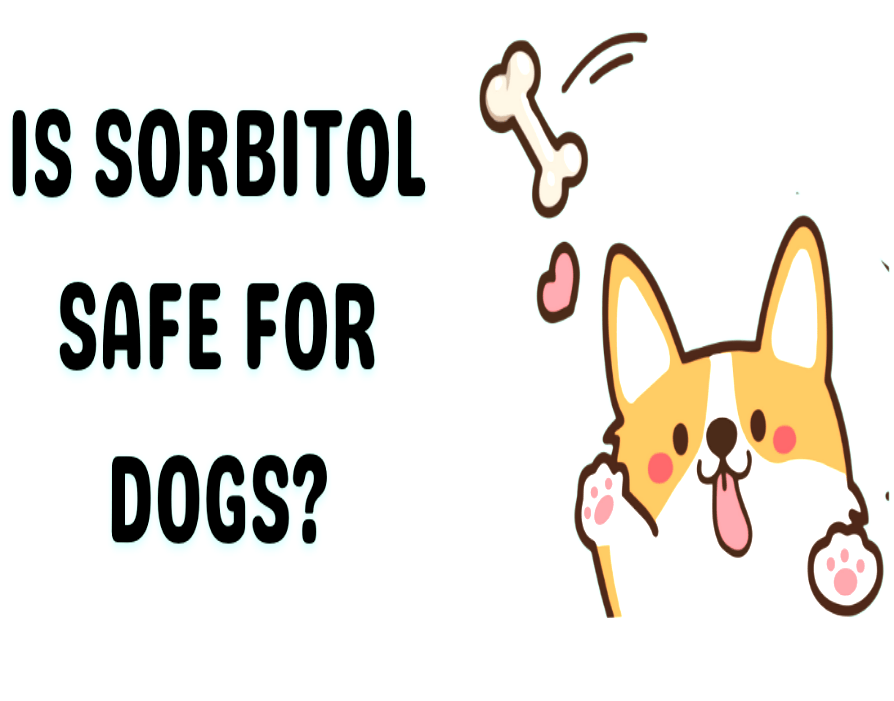What is Sorbitol?
Sorbitol, also known as a polyol, is a sugar alcohol that is commonly used as an artificial sweetener in commercially produced foods and drinks.
Sorbitol, xylitol, maltitol, and erythritol are common sugar substitutes used in snacks for humans and pets.
While this sugar alcohol occurs naturally in many fruits and vegetables, it is synthetically produced from glucose and widely used in the food industry as a sweetener, flavoring agent, and humectant.
Uses of Sorbitol
Sorbitol is not only used in dog treats, it is also used in the following industries and products.
It is used in products such as bubble gum, baked foods, ice cream, beverages, and candles.
Sorbitol is used as an excipient in medications and oral syrups to improve taste, stability, and moisture retention.
It has some non-food applications, such as in the production of plastics, resins, and surfactants.
Sorbitol in Dogs Treats: Can it kill your dogs?
No, sorbitol is not toxic or harmful to dogs, therefore, it can not kill your dog when ingested.
Sorbitol is approximately 50-60% as sweet as sucrose (table sugar), making it a popular sugar substitute in sugar-free or reduced-calorie products.
Sorbitol is not bad for dogs. Your dog can eat treats containing sorbitol without any issues.
While it’s not poisonous, dogs don’t crave sugar and it does less good to their health, therefore, you may want to offer it in moderation to prevent side effects.
Sorbitol in Dog toothpaste: Is it Ok?
Yes, dog toothpaste and mouthwashes containing sorbitol are safe for dogs to use. It is usually in small amounts, and there’s no issue if ingested.
However, to protect your dog’s teeth from early decay, and oral health, there are other dog toothpaste and mouthwashes without sorbitol you can opt for.
Why do some people feel Sorbitol is bad for dogs?
While sorbitol has fewer calories, and a low glycemic index compared to regular sugar, it can cause side effects that can trigger other health issues in dogs.
If not consumed in moderation, it can cause digestive issues and stomach upset.
If sorbitol is consumed in large amounts, it can cause temporary effects such as bloating, stomach pain, and nausea.
When sorbitol is consumed in large quantities, it can have laxative effects, as it is poorly absorbed in the small intestine and can draw water into the digestive tract.
The long-term side effects of sorbitol are tooth decay, allergies, arthritis, overweight, cataracts, and hypoglycemia.
Since sugar is not important in a dog diet, it’s safer to avoid sorbitol than to continue to feed it to your dog. It is not dangerous if used in moderation, but it’s not good either.
Conclusion
While sorbitol is considered safe for pets when consumed in moderate amounts, excessive intake may lead to gastrointestinal issues and other side effects in both the short and the long term.
In health issues such as hereditary fructose intolerance, your pets, especially cats may need to avoid sorbitol and other sugar alcohols altogether.








